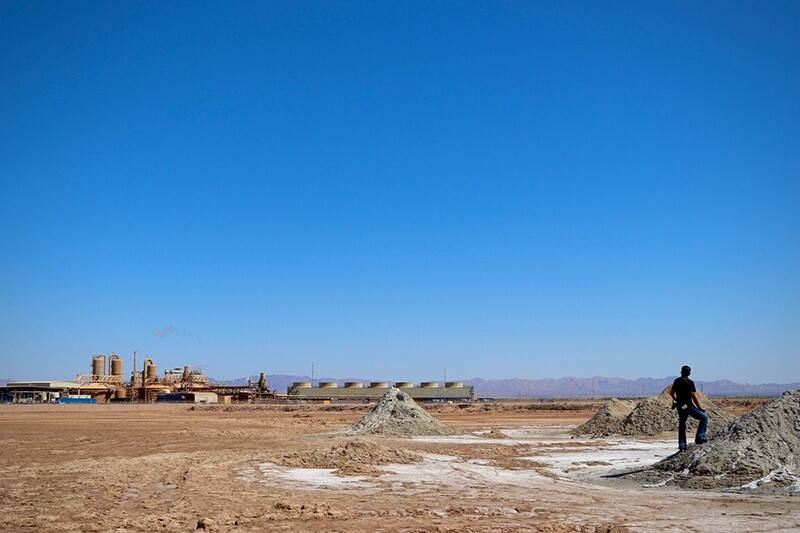Bridging the gap between battery supply and energy storage demand

California’s Salton Sea holds and opportunity to develop geothermal brine extraction from a region dubbed ‘Lithium Valley’. Image: Imperial County Board of Supervisors.
The mismatch between supply and demand for lithium batteries presents a challenge to the global transition to sustainable energy and the role energy storage will play in it. Andy Colthorpe hears how the dynamics are playing out, and how the challenge can be overcome.
This is an extract of an article which appears in Vol.32 of PV Tech Power, Solar Media’s quarterly technical journal for the downstream solar industry. Every edition includes ‘Storage & Smart Power,’ a dedicated section contributed by the team at Energy-Storage.news.
In the last edition of PV Tech Power, we took a dive into how various factors, both expected and unexpected, have caused disruptions in the supply chain for stationary energy storage.
Coupled with global economic and political factors, phenomenal rise in demand for lithium batteries, led primarily by the electric mobility sector, is leading to constraints, in turn delaying projects and investment decisions.
This time, we ask what mitigating strategies can be taken, from startups looking to deploy storage, to politicians looking to support the growth of economies based around clean energy.
The big picture
As the second half of this year began, lithium carbonate pricing remained the main concern, according to Cormac O’Laire, senior manager for market intelligence with Clean Energy Associates (CEA). Even as additional lithium mining projects come online in Q4 2022, CEA expects supply will remain tight.
“To address potential lithium shortages, battery and nickel manganese cobalt (NMC) cathode makers are entering into long-term agreements with lithium miners. The price of commodity metals such as nickel and cobalt have begun to ease following significant volatility after Russia’s invasion of Ukraine sparked nickel and copper supply fears,” O’Laire says.
While the price trends of those commodity metals are expected to “remain flat until the end of the year,” investment in battery raw materials mining in general is “woefully underfunded,” with CEA forecasting that about US$5 billion will have been spent in this area during 2022 worldwide.
Whereas, to quote Battery Metals Review analyst Matt Fernley’s forecasted figures, US$15 billion annual investment is required to meet battery demand just from electric vehicles (EVs) by 2030.
“More investment in raw materials, and particularly in lithium, is required by both governments and the private sector to resolve looming supply-demand constraints,” O’Laire says.
Further downstream, in China, battery energy storage system-specific (BESS) cell factories are being built that will take the country’s annual production capacity to more than 200GWh, which “should be enough” to meet global demand up to 2025.
In Europe and the US however, BESS cell projects are taking place, but to a much smaller extent and would not be able to meet demand independent of China, according to the analyst.
Meanwhile, over 5 million tonnes of lithium iron phosphate (LFP) BESS cathode active material (CAM) capacity expansions have been announced in China, about 2TWh of CAM, which will far exceed projected demand by 2025. So, there’s a chance, a “serious possibility” even, that LFP will be a surplus market as early as 2024, O’Laire says.


